Homeowners insurance usually covers the costs of repair, rebuilding, or reconstruction following a natural disaster. Ensure your policy includes enough dwelling coverage and offers extended or guaranteed replacement cost value, if available. However, some natural disasters are excluded from standard policies. Learn which ones are covered and which require a separate policy.
Table of Contents
Tornadoes
Tornadoes, another kind of natural disaster, can also damage homes. Standard home insurance policies cover tornado damage, but you may need to purchase coverage add-ons or a separate policy for specific protections. These protections include personal property coverage, which reimburses homeowners for the cost of their belongings after a tornado; dwelling and content insurance, which covers the rebuilding costs of the house and its contents after damage; and loss of use coverage, which pays for temporary housing expenses (like hotel stays and restaurant meals) when displaced from the home while it’s being rebuilt.
In addition to protecting houses from financial devastation and expediting recovery, research suggests that homeowners insurance plays a vital role in community resilience by helping transfer risk from individuals to insurers. For more information about getting the best homeowners insurance for your house, speak with a licensed agent.
Earthquakes
Homeowners in areas prone to earthquakes often take out a separate earthquake policy. These policies typically cover the building structure and contents, emergency repairs, and additional living expenses. They also have lower deductibles than standard home insurance, and many mortgage lenders require them.
While it’s important to understand what your homeowner’s policy covers, it’s equally as essential to consider catastrophe insurance options that can cover the gaps left behind by standard coverage. It’s helpful to distinguish between a natural disaster and a natural hazard, too; the former refers to an event that may harm a community, while the latter refers to the adverse effects of a disaster after it occurs. This distinction can help you understand how and when to file a claim, track expenses, and make temporary repairs while waiting for your adjuster. On the other hand, most car insurance policies cover earthquake damage, but comprehensive coverage is necessary to protect your car completely.
Windstorms
Whether from hurricanes or derechos, wind damage can be very costly. Understanding how your policy covers wind damage—which may necessitate a separate windstorm or hurricane policy—is the most frequent reason for homeowners insurance claims. While other structures coverage covers other structures, such as a shed or pool house, dwelling coverage covers the cost of rebuilding or repairing your home. Typically, these policies have a higher dwelling coverage limit than your homeowner’s. They also often have a separate wind/hail deductible based on a percentage of your dwelling coverage limit. You can help protect your property from high winds by trimming trees and anchoring lawn furniture and grills. Additionally, inventorying your possessions before a storm hits is a good idea.
Floods
Floods occur when water overwhelms a normally dry area. They can be caused by heavy rain, rapid snow melt, or storm surges from a tsunami or tropical cyclone in coastal areas. Homeowners’ insurance typically does not cover flooding. However, those living in areas prone to flooding may need separate coverage through the National Flood Insurance Program. Flooding can devastate a community, leaving some homes in ruin and others standing. Its force is enough to roll boulders, tear trees from the ground, and sweep away cars and buildings. Additionally, the water contains microscopic organisms that can lead to illnesses like cryptosporidium, cholera, and typhoid. The floodwaters can contaminate drinking water and destroy sanitation infrastructure, creating an additional health risk for people.
Hurricanes
In addition to covering the cost of repairing damage from a hurricane, your standard homeowner’s policy likely provides coverage for losses related to wind-related damage. A hurricane deductible, usually between 2 and 5 percent of your dwelling coverage limit, may be necessary for your house. Some states even have programs to help homeowners settle disputes with insurance companies after natural disasters. Additionally, community resources such as nonprofits and government programs can provide financial and other support after a hurricane or other natural disaster.
In addition to the basic homeowner’s policies, supplemental insurance products are available to help you pay for extra expenses, such as additional living expenses (ALE). At the same time, your home or apartment is being repaired after a hurricane or other disaster. Check with your agent to find out more about the specific coverages that are available.



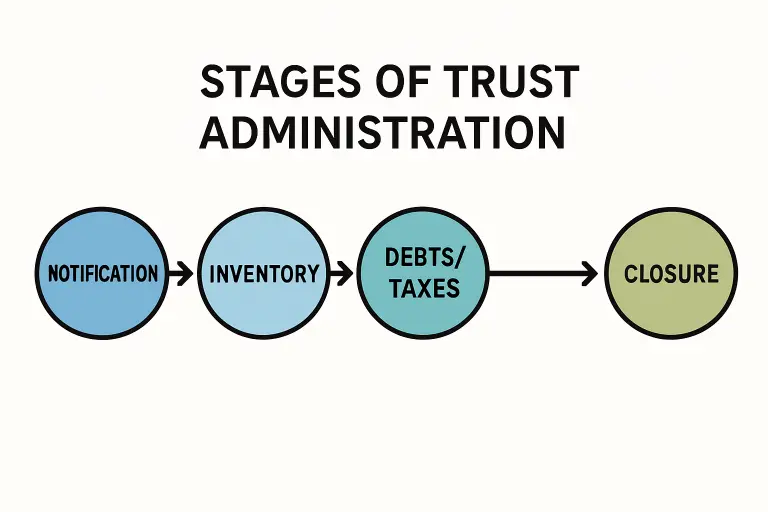


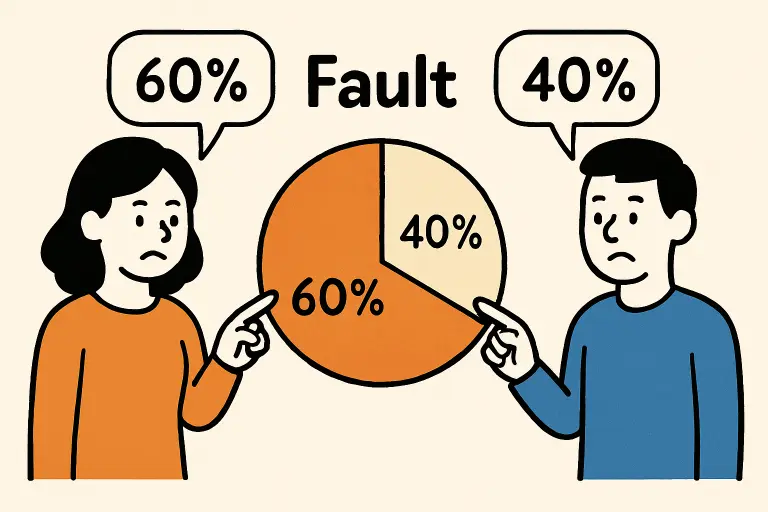
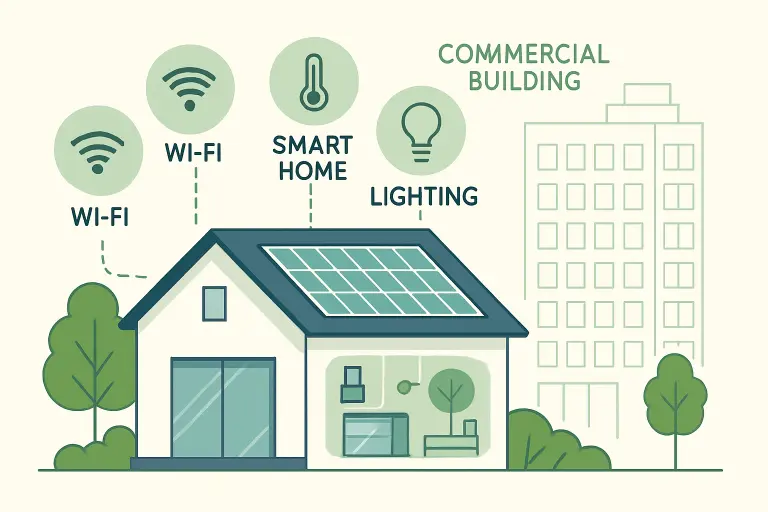

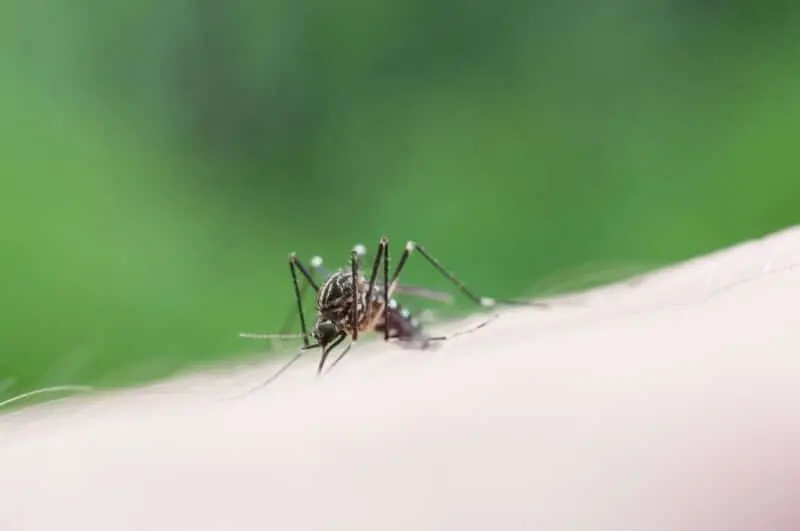





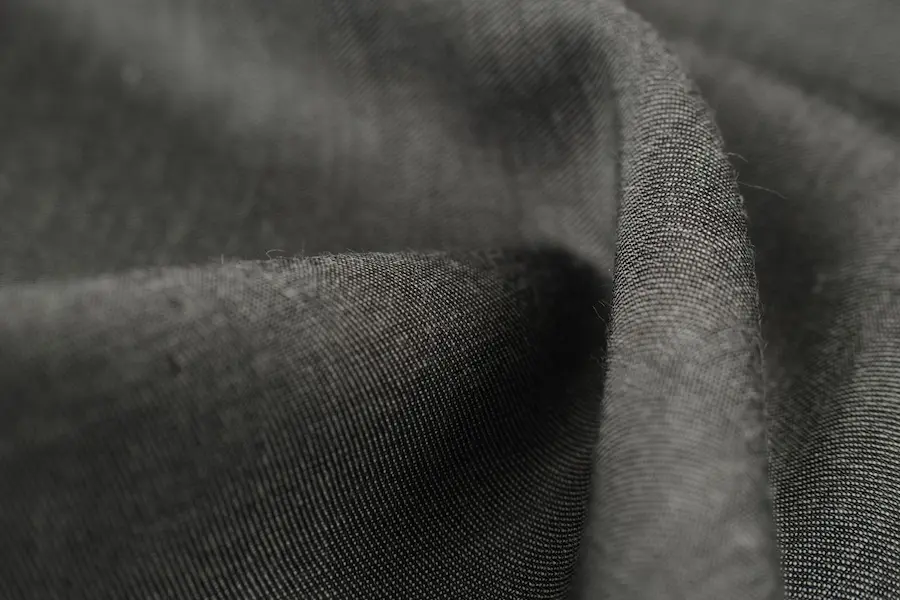


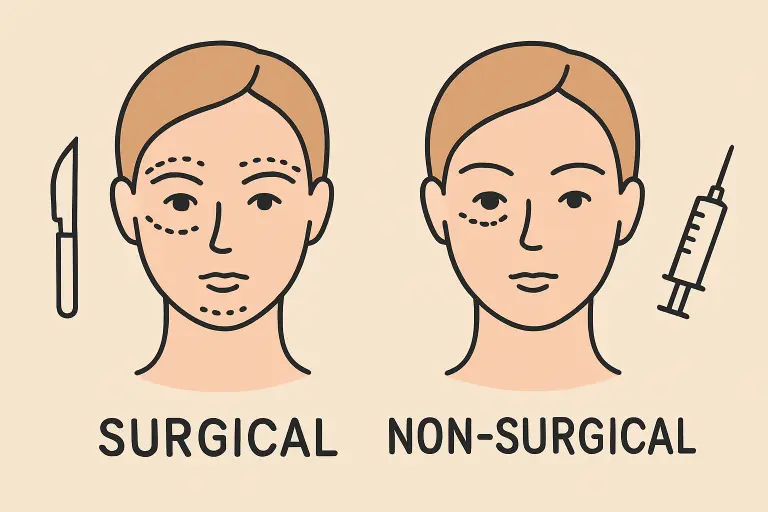
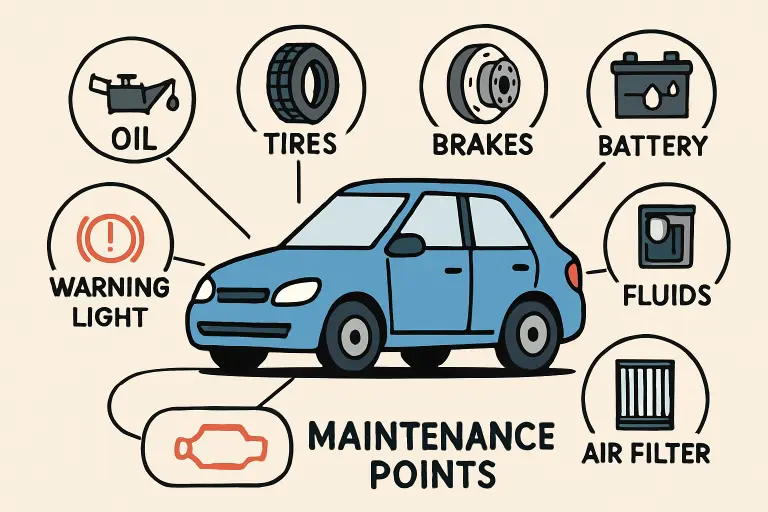


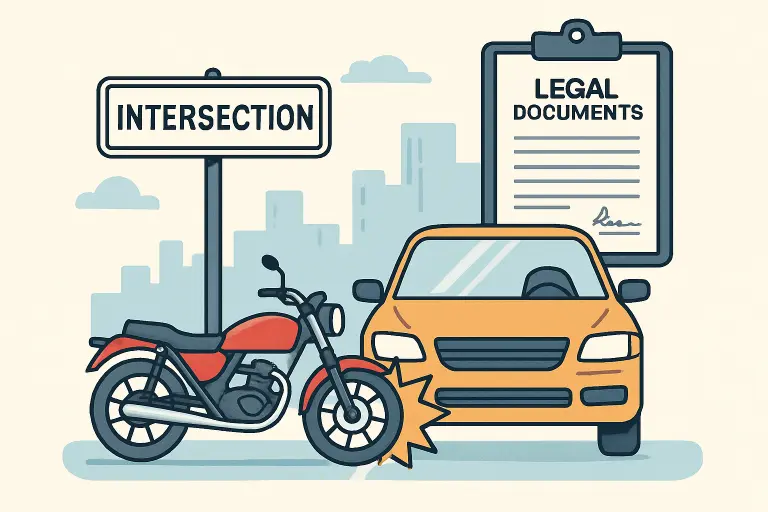








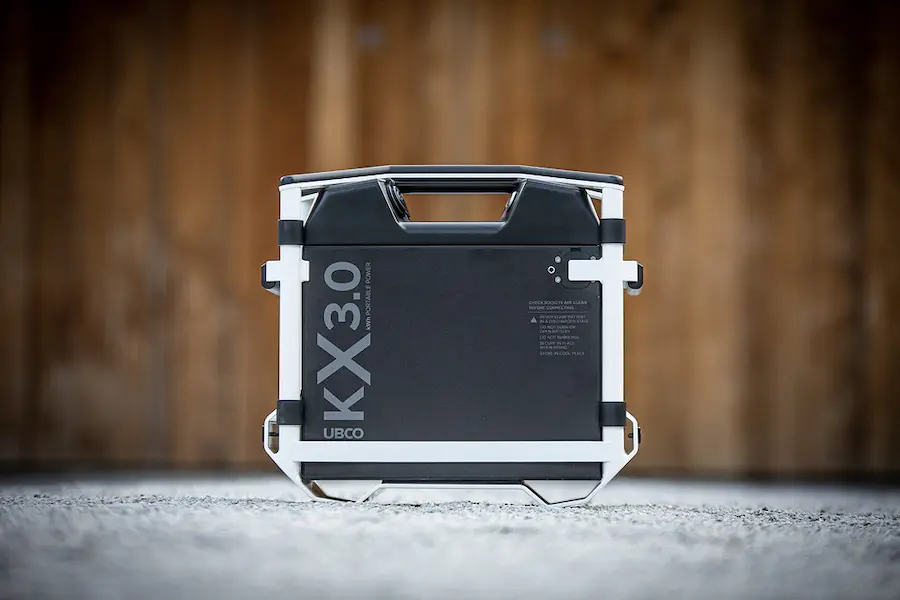
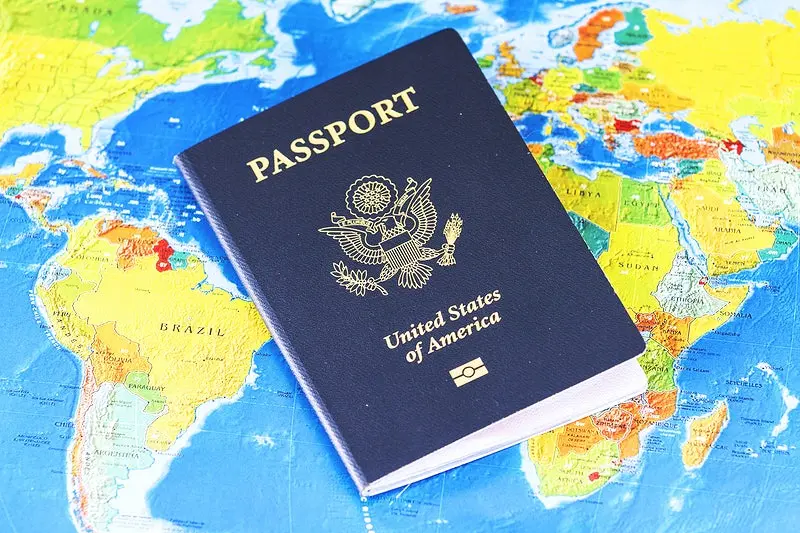
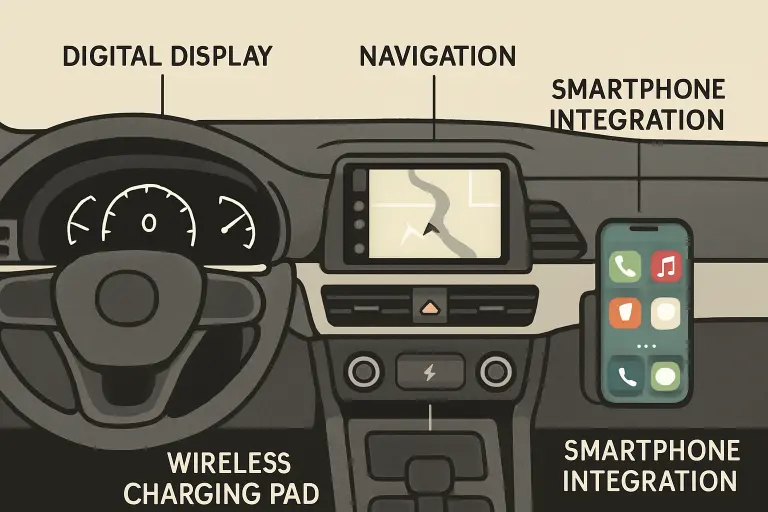

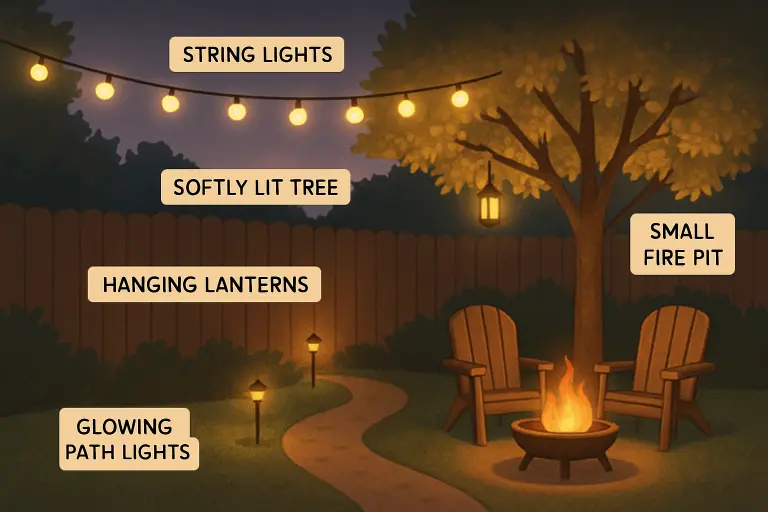
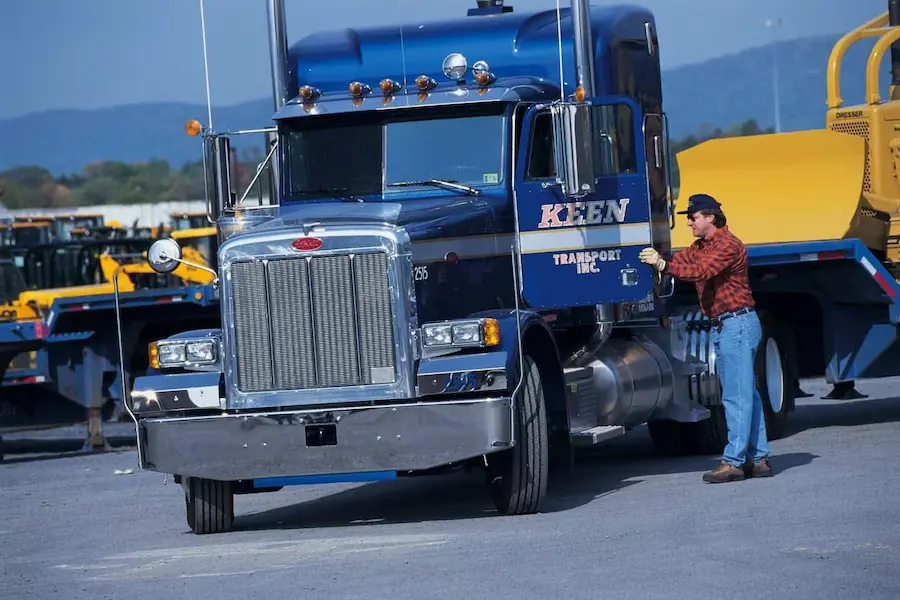
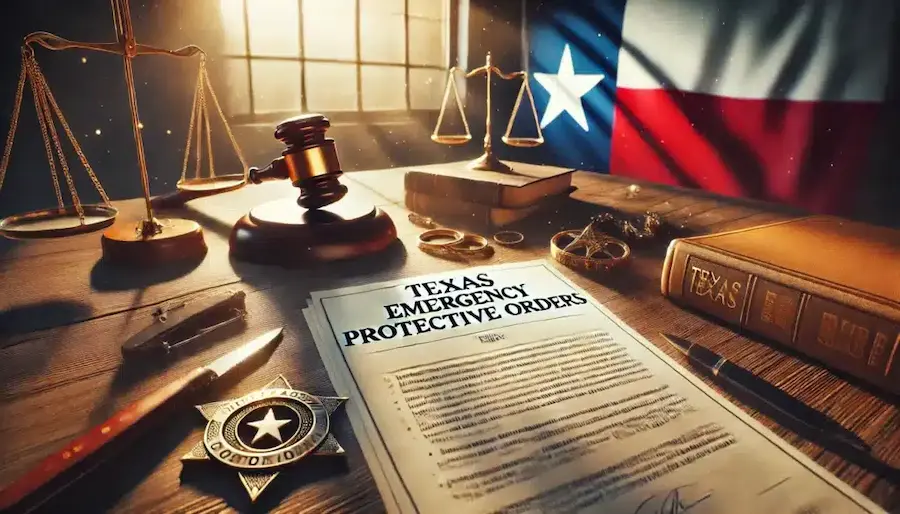



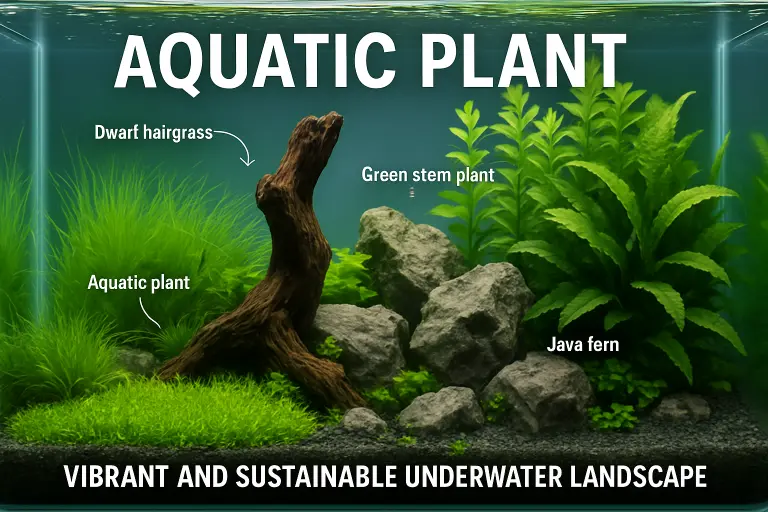





















































































































































































































































































































































































































































































































































































































































































































































































































































































































































































































































































































































































































0